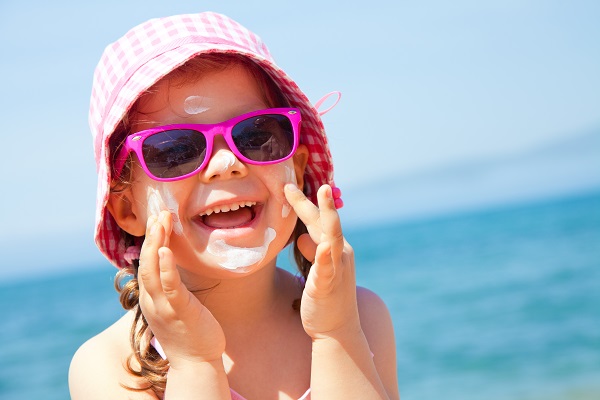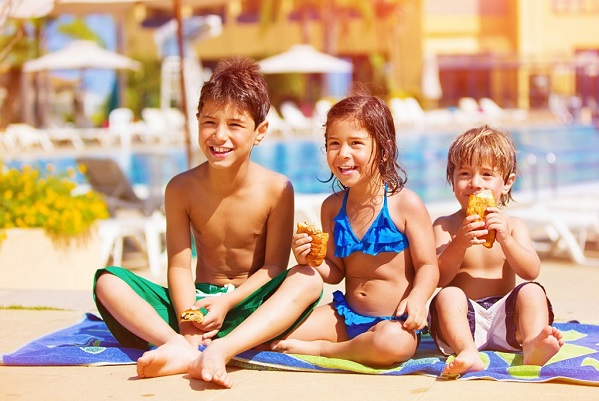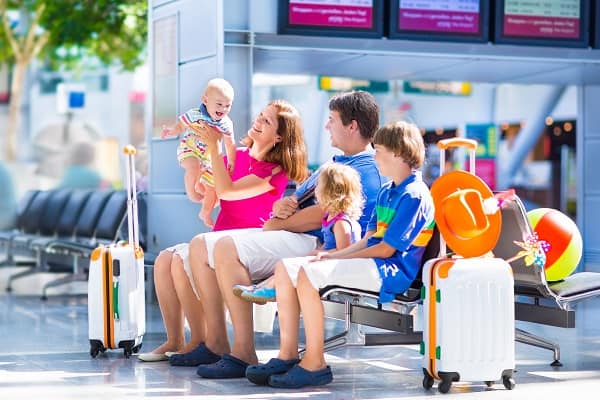Posted on March 18, 2016
Taking the family skiing isn’t the cheapest holiday option around, but that doesn’t mean it has to cost the Earth. Skiing is a wonderful skill to learn, and the kids will have loads of fun gliding across the snow. If you do have a limited budget, though, how do you keep the costs down without spoiling the fun?
Here are our money-saving tips for that next family ski trip.

Choose your travel dates carefully
Before you even start looking at which resorts are best for you, you’ll need to decide when you want to go skiing. It goes without saying that you shouldn’t travel during the peak seasons, if you can help it. This includes Christmas, New Year, half term and the Easter holidays. Remember that the country you’re travelling to will have its own busy periods, so check when the schools over there break up before booking.
So when are the best times to go? December (before Christmas), January (after New Year) and early March are probably the most affordable times to go skiing. Flying during the week could also save you a lot of cash on plane tickets.
Book in advance for the best deals
There aren’t as many last-minute deals around as there used to be, especially when it comes to skiing. Instead, you’re much better off booking your holiday in advance, as it means you can travel when you want.
In fact, if you have the opportunity to do so, book as much as you can in advance, as you’ll likely receive discounts for doing so. This could include your lift passes, skiing equipment, additional excursions, etc.
Consider all the costs involved
Finding the most cost-effective ski holiday isn’t as simple as just picking the cheapest flights and accommodation you can. You will also need to look into the cost of lift passes, ski schools, food and drinks, entertainment, airport transfers/public transport and gear hire at each resort.
There are several great budget resorts to choose from in Europe though – consider travelling to countries such as Bulgaria and Slovenia instead of expensive Switzerland to save some cash. Many of the resorts here are just as good, if not better, than the more expensive ones! If you do want to go to a popular resort, remember that the lift passes will likely cost twice as much as they would at a budget one. Even food and drink is bound to be more expensive.
Save money by self-catering
Catered hotel accommodation may seem an attractive option, especially when you have little ones, but it tends to be a lot pricier than the alternative – a self-catered apartment. This type of accommodation gives you the facilities to make your own breakfast and packed lunches, which will save you lots of money on expensive meals out. You will find plenty of picnic spots in which to eat your lunch, which is good because those mountain-side restaurants aren’t cheap!
When buying food for breakfast and lunch, be careful not to buy from any small local stores, as these will be expensive. Look out for the larger chains instead.
Package holidays may not always be the cheapest option
Package holidays offer convenience, which is why they’re so popular with families. However, this convenience can come at a cost – you could stand to save a lot of money if you book your accommodation and flights separately.
Whatever you decide to do, make use of all those comparison sites out there; you should never purchase the first deal you see (unless it’s amazing!). It’s best to book your accommodation as early as possible, but flights fluctuate in price all the time. Try using a site such as Airfarewatchdog.com to monitor flight costs – if you want to spend under a particular amount, you can set up email alerts so you’ll be notified when prices have dropped below your specified threshold.
Be aware that many holiday websites track your cookies and therefore know how many times you’ve looked at particular flights. This can cause prices to rise, so always delete your cookies before heading back to the site, or just browse for holidays in incognito mode. You can do this by selecting the ‘incognito window’ option in your web browser.
Hire skis, buy clothes
Unless you’re planning on skiing often, there’s little point in purchasing you own skis, especially when you consider how fast your kids will grow out of theirs! Plus, you will likely have to pay additional baggage charges for taking skis with you on your flight. With several suitcases and bags to worry about, you don’t want to have to carry skis around with you too!
Hiring the heavier ski gear you’ll all need, such as skis, poles, boots and helmets, is a much more cost-effective option. The things you won’t want to hire are your salopettes, ski jacket, gloves, goggles and any other clothes you may need. It’s actually cheaper to buy these, or borrow them from a friend! You may already have a jacket suitable for skiing in, and salopettes can often be found for discount prices in outdoors stores. Decent gloves and a pair of goggles won’t cost you much either.
Just don’t forget any other extras you’ll need, such as sunscreen and ski socks. If you wait until you arrive to buy them, you’ll likely end up paying premium prices!
Look out for ‘kids ski for free’ deals
Many resorts will allow children under a certain age to ski for free, so before buying everyone their own ski pass, check there aren’t any deals on beforehand. At some resorts, you may need to stay with your child in order to get them free access to the slopes, which isn’t suitable if they’re attending ski school, so make sure you read the terms and conditions.
You don’t have to ski every day!
It may be a skiing holiday, but that doesn’t mean you all have to hit the slopes every day. After all, skiing is a tiring activity that relies on muscles you simply aren’t used to using. Families with young children in particular may need a break from the mountain. Some parents save money by buying just one adult and one child lift pass, so that they can ‘tag out’ each day. However, this means you won’t be able to enjoy skiing together, plus this method only really works if you have just two children.
Purchasing shorter ski lift passes is a better way to save money, and it means you can explore more of wherever you are. Why not take a day trip to the nearest town or simply spend a day hanging out in a warm swimming pool? You could also build snowmen, go sledging or stage a snowball fight – whatever keeps your kids entertained and lets you repair those aching muscles!
Travel with another family
Staying with a larger group can really cut down the costs of everything, as you’re essentially buying/renting everything in bulk! Travelling with another family you are close to, or even members of your extended family, can not only save you money, it makes for a great holiday.
Travelling with friends may mean the kids have others of their own age to play and ski with, while the adults get to enjoy grown-up conversations in the evenings together. Staying with extended family is a good way to help your children bond with their aunts, uncles, grandparents, etc. You’ll create memories for life!
Don’t forget the insurance
It’s easy to forget that skiing can be a dangerous sport, so taking precautions is vital for your family’s own safety. If something were the go wrong, the medical bill could be incredibly expensive – travel insurance that covers you completely will give you peace of mind. All your gear is covered too, so you don’t need to worry if little Timmy somehow loses his right ski, whether you’ve chosen to rent or buy.
Skiing isn’t just for the rich – it’s more accessible than ever, even if you’re on a budget. Just like with any holiday, you need to do your research to find the best deals, but all the effort is worth it. You’ll learn something new, travel somewhere you may not have visited otherwise and of, course, have tons of fun.
Our winter sports travel advice section has lots of advice for families looking to go on their first skiing holiday, including how to keep children safe on the slopes, tips for first-time skiers and how to choose the right holiday insurance.








